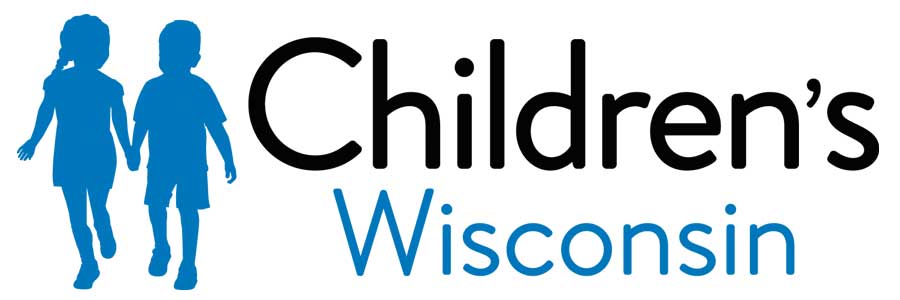Autism (1132)
Key points below
What is ASD?
ASD is believed to be a brain based disorder. It affects how a child talks, plays, learns, sleeps and acts. Symptoms often start before the age of 3 years and last throughout a person’s life. Symptoms may be very different and can range from mild to severe. That’s why it is called a spectrum disorder. Studies show that ASD affect about 1 in 68 births.What causes ASD?
There is no one known cause of ASD. In many families there are other people with ASD or other related disorders. This means there may be a genetic basis to autism. So far, no single gene has been linked to autism.How does ASD affect my child?
ASD may affect your child’s social interaction. Your child may have a hard time:
- Looking people in the eye.
- Pointing to things and looking to others for shared enjoyment.
- Waving goodbye.
- Playing with others.
- Being aware of others.
Your child with autism may have a hard communicating. Your child may:
- Be slow to start talking; some will never talk.
- Echo (repeat) other people’s words.
- Have a hard time answering questions.
- Make non-speech sounds.
ASD affects your child’s behavior. Your child may have trouble with:
- Playing. Your child may be extra active or not very active at all.
- Tantrums.
- Holding still. Your child may flap their hands, spin toys or themselves, or walk on their toes.
- Balancing and may not be able to kick a ball.
- Playing with toys. Your child may line toys in a row instead of playing with them.
- Showing appropriate emotions. Your child might laugh at something that is not funny. They may not have any sense of danger.
How is ASD treated?
There is no cure for autism. Most children are able to learn and make progress with the right support and therapy. Treatment may include:
- Speech Therapy (ST).
- Occupational therapy (OT).
- Early childhood education programs in the school.
Programs for behavior intervention such as applied behavior analysis.
Medicines can relieve symptoms. Some children with ASD have other medical conditions such as seizures that require other treatments.
